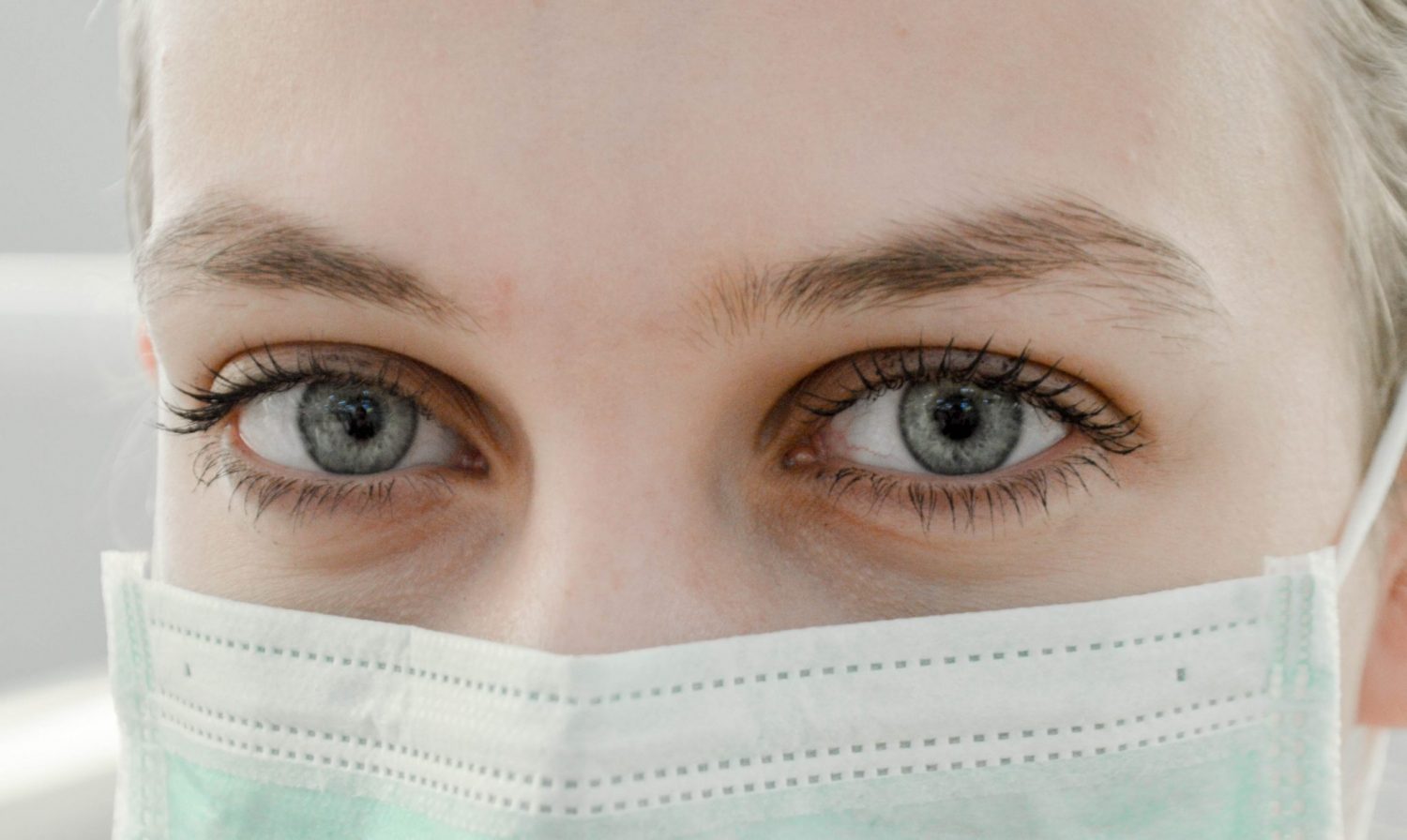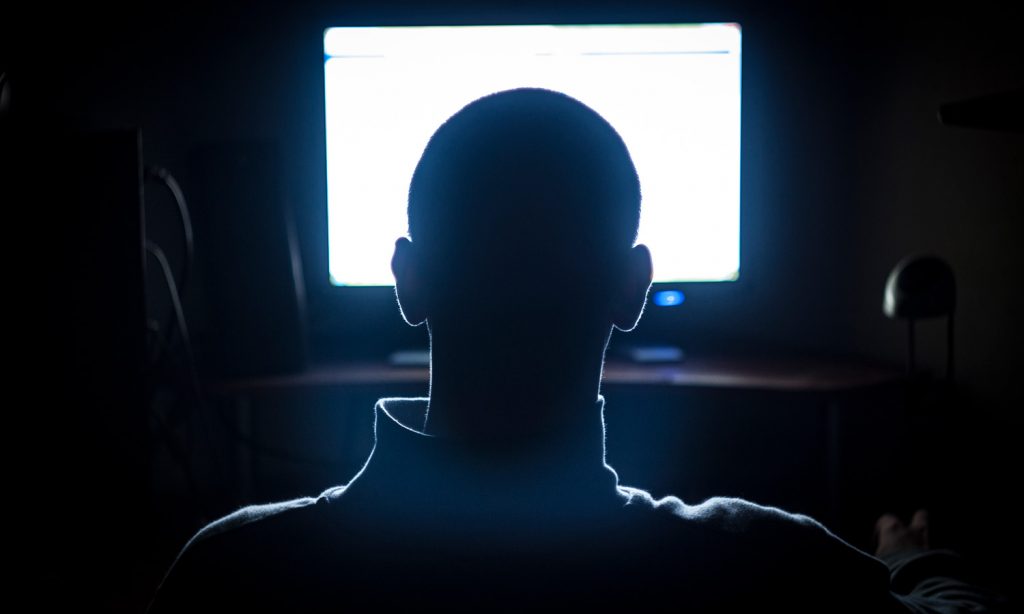
If there’s one thing the pandemic has indisputably done is increase the amount of time we look at screens. Whether we’re working, relaxing, or watching TV, we’re glued to our screens for the majority of our days. We weren’t doing all that great with our screen time before the pandemic, so new eye conditions have been popping up, all influenced by lockdown measures.
The Huffington Post spoke to different health experts and determined that there were a few conditions we might all be more prone to now that we spend more time looking at screens. Here are a few you should keep an “eye” on:
Nearsightedness

Myopia, or nearsightedness, has an important genetic element to it, with some people developing it due to their genes. But several studies suggest that lack of time spent outdoors and a lot of eye stress might contribute to this condition. “All of this screen time can contribute to myopia [i.e., nearsightedness], since people aren’t getting enough time to relax their vision or look into the distance,” said behavioral optometrist Juanita Collier. “And because we’re spending much more time inside, our bodies aren’t getting that important daily dose of vitamin D, which has been shown to decrease the progression of nearsightedness.”
Dry eye

RELATED: The CDC Updated Face Mask Guidelines — Here’s What That Means For You
Dry eye occurs when we don’t blink enough, which can happen when staring at screens or when wearing masks for long periods of time. Dry eye can result in watery eyes, blurred vision and light sensitivity. To prevent it, make sure you stay hydrated, wearing a mask with a pliable nose wire and blinking often and purposefully, that way you provide breaks for your eyes.
Computer vision syndrome

RELATED: How Cannabis Affects Eye Health
While “computer vision syndrome” sounds like a cool modification for the future, it actually refers to the several symptoms that are associated with spending so much time looking at computer screens. These screens force our eyes to work harder due to the fact that there’s low contrast and difficulty in differentiating letters from the backgrounds. They include computer screens, tablets, phones, etc. and facilitate the development of headaches, eye strain, blurred vision and dry eyes. In order to prevent this, health experts recommend attaching screen filters to your devices, turning off blue light, blinking more, and taking frequent breaks.





